
In today’s Pharma Pulse, the FDA and EMA synchronize on AI standards, a potential divide in pricing strategy occurs, and BoomRx launches a needle-free nanoemulsion for weight loss.

In today’s Pharma Pulse, the FDA and EMA synchronize on AI standards, a potential divide in pricing strategy occurs, and BoomRx launches a needle-free nanoemulsion for weight loss.

The platform is helping to improve absorption, consistency, and scalable care delivery.
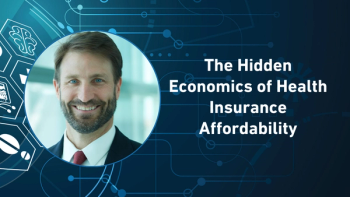
In the third part of his Pharma Commerce video interview, Alan Balch, PhD, CEO of the Patient Advocate Foundation and the National Patient Advocate Foundation, points out that from employer-paid premiums to Medicare and Medicaid subsidies, the US system relies on layered financial support to keep coverage within reach—underscoring how few individuals can realistically pay the full cost of care or insurance on their own.

In today’s Pharma Pulse, Novartis calls for a shift from "cost-containment" to structural reform, hospital mergers hit their lowest point in 15 years, and new data warns of "cost shocks" driven by copay accumulators.

The company brings its temperature-controlled Superbox to the US pharma industry, aiming to improve speed, compliance, and resilience in the cold chain process.
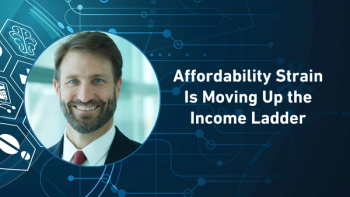
In the second part of his Pharma Commerce video interview, Alan Balch, PhD, CEO of the Patient Advocate Foundation and the National Patient Advocate Foundation, describes how rising healthcare and living costs are expanding financial hardship beyond traditional eligibility thresholds, while safety-net resources shrink and demand accelerates.

In today’s Pharma Pulse, President Trump unveils a patient payment plan, the FDA flags a rare seizure risk for several leading flu vaccines, and MJH Life Sciences expands its data-driven reach.

The company’s latest preview report projects a guarded rebound for biopharma, as investor confidence returns and M&A activity accelerates.
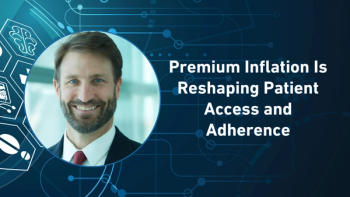
In the first part of his Pharma Commerce video interview, Alan Balch, PhD, CEO of the Patient Advocate Foundation and the National Patient Advocate Foundation, explains how mounting financial pressure is forcing patients to ration care, undermining treatment adherence and accelerating downstream clinical and economic risk.

In today’s Pharma Pulse, AbbVie joins TrumpRx, shingles vaccines reveal a longevity boost, and HER2 therapies break new ground in cancer treatment.
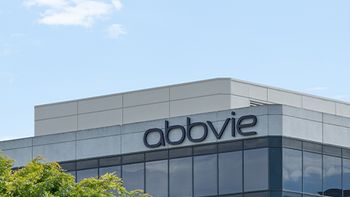
The company will participate in the Trump administration’s direct-to-patient drug platform, while committing $100 billion to US R&D and manufacturing.
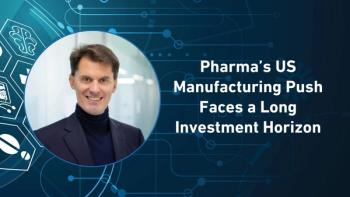
In the final part of his Pharma Commerce video interview, Franco Stevanato, CEO of Stevanato Group, explains that with plant buildouts and validation requiring three to five years, today’s reshoring momentum reflects near-term policy pressures, but global demand and overseas biosimilar growth will ultimately shape the industry’s next phase.

In today’s Pharma Pulse, Novartis expands its US radioligand footprint, and 15,000 New York City nurses go on strike.
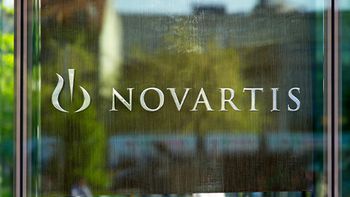
The pharma giant will invest in a 35,000-square-foot RLT manufacturing site in Winter Park, FL as part of its $23 billion US infrastructure expansion.
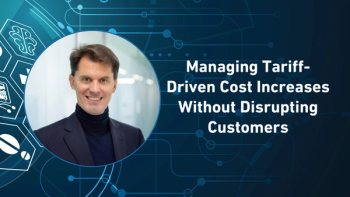
In the third part of his Pharma Commerce video interview, Franco Stevanato, CEO of Stevanato Group, shares how automatic contract adjustments tied to labor, energy, and inflation—combined with the critical role of supply reliability—allow the company to pass through limited surcharges while maintaining strong client relationships.

In today’s Pharma Pulse, Amazon Pharmacy launches Novo's first oral Wegovy pill with transparent cash pricing, Johnson & Johnson triples down on North Carolina manufacturing, and new clinical data links medical debt to rising eviction risks.
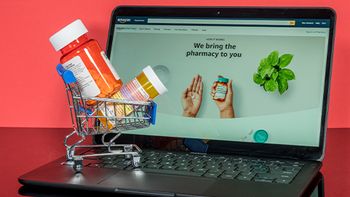
Novo Nordisk’s newly approved oral semaglutide is now available nationwide through Amazon Pharmacy with insurance and cash-pay options.
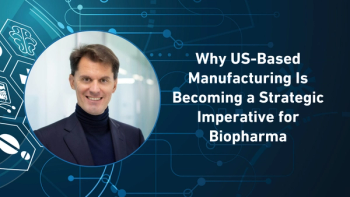
In the second part of his Pharma Commerce video interview, Franco Stevanato, CEO of Stevanato Group, describes how from FDA validation to dual-site redundancy and reshoring momentum, the expansion of US capacity is a competitive advantage for pharma clients navigating increasingly complex global supply chains.

In today’s Pharma Pulse, Johnson & Johnson secures a major tariff deal by joining the federal drug discount portal, while new data warns that missing early infant shots is the leading predictor of skipped MMR vaccines.

The pharma giant becomes the latest manufacturer to participate in the Trump Administration’s direct-to-patient pricing platform, aligning US drug costs with European benchmarks while reinforcing its domestic manufacturing investments.
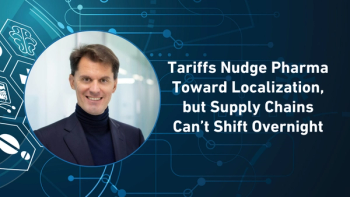
In the first part of his Pharma Commerce video interview, Franco Stevanato, CEO of Stevanato Group, explains how near-term tariff pressures are creating short-term headwinds while accelerating longer-term investment in regional manufacturing footprints—especially in the US.

In today’s Pharma Pulse, healthcare leaders brace for a surge in dealmaking, Eli Lilly secures a suite of oral NLRP3 inhibitors, and Knipper Health rebrands to streamline the path from order to therapy.

Backed by Frazier Healthcare Partners and strengthened by the acquisition of eBlu Solutions, CareTria aims to accelerate patient access by combining provider technology, digital enrollment, and multi-modal fulfillment into a single end-to-end platform.
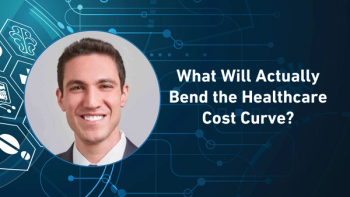
In the final part of his Pharma Commerce video interview, Philip Sclafani, PwC’s pharmaceutical and life sciences lead, points out that from biosimilars and site-of-care shifts to AI, value-based reimbursement, and potential legislative action, market deflators—not simple cost shifting—will determine whether affordability improves across employer-sponsored plans, Medicaid, and Medicare.

In today’s Pharma Pulse, the FDA issues two high-stakes priority vouchers for cholesterol and cancer therapies, GSK leverages genomic data to refine drug targets, and DHL completes a one-million-square-foot logistics center of excellence.
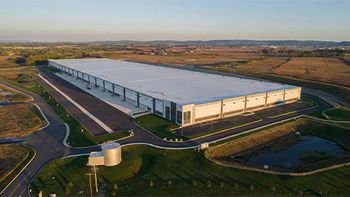
A new Foreign Trade Zone–enabled facility in Annville strengthens the company’s temperature-controlled, compliant logistics capabilities, while accelerating customs processing and last-mile healthcare delivery.

In the third part of his Pharma Commerce video interview, Philip Sclafani, PwC’s pharmaceutical and life sciences lead, explains as medical inflation persists and benefit designs strain under rising drug spend—especially GLP-1s—employers are reaching the limits of what they can absorb, accelerating cost-shifting and fragmenting how employees pay for care.

In today’s Pharma Pulse, federal officials slash the childhood immunization schedule, new data underscores the life-saving impact of COVID vaccines for COPD patients, and Eli Lilly targets the AMPK pathway in a massive new oral obesity collaboration.
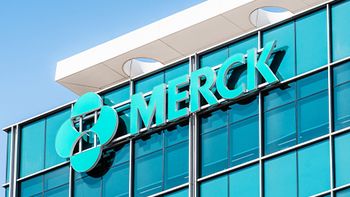
Merck’s decision to shutter its Riverside, PA antibiotic API facility underscores how decades of cost-driven optimization have eroded domestic manufacturing of essential medicines—exposing systemic vulnerabilities in US drug supply resilience that markets alone are unlikely to fix.
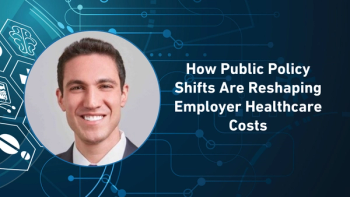
In the second part of his Pharma Commerce video interview, Philip Sclafani, PwC’s pharmaceutical and life sciences lead, points out that a Medicaid spending tightens and ACA subsidies lapse, reduced public coverage is driving spillover effects—shifting costs to hospitals, employers, and commercial drug pricing in an increasingly interconnected healthcare market.